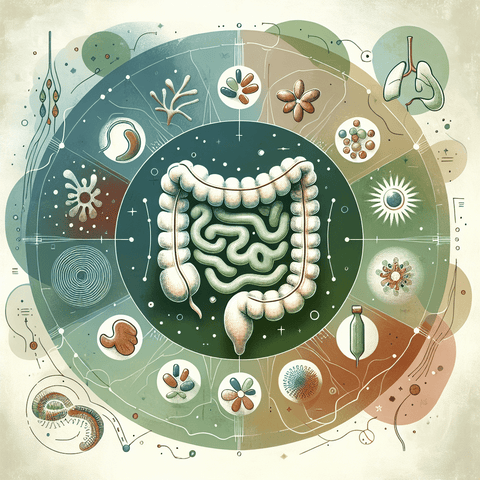Digestive enzyme support is a concept used to describe how people and practitioners consider enzymes within the context of digestion. This term covers how the body's own enzymes function, as well as how additional enzyme activity can be discussed in relation to the digestive system. The focus is on understanding the role of enzymes within the body’s digestive sequence and how this relates to overall gut function. In the digestive process, enzymes act as catalysts that break down macronutrients into smaller components that can be processed further. This breakdown is a key step in the absorption pathway, where smaller units become available for transport across the intestinal lining. Digestive enzyme support, in this sense, centers on the concept of enzyme-driven reactions as part of the larger absorption process. When considering digestive enzyme support and gut health, it helps to look at the conditions that influence enzyme activity, such as pH and the presence of other digestive components. This topic invites a view of how enzymatic action fits into the broader environment of the gut and how different factors may interact with the digestive sequence. For those exploring digestive enzyme support, the discussion often includes questions about sources of enzymes and the specificity of enzymatic activity, as well as how these ideas fit into a broader understanding of digestion. If you are evaluating this topic, consult with qualified professionals to align information with your specific context.

